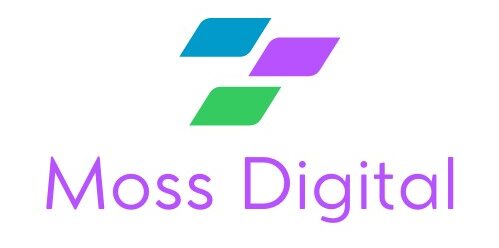Blockchain in Healthcare: A Revolution or Just Hype?
The healthcare industry is plagued by inefficiencies—data breaches, interoperability issues, and administrative bottlenecks. Blockchain, the technology behind cryptocurrencies, has been proposed as a potential solution. But is it truly revolutionary, or is it just another tech buzzword?
The Promise of Blockchain in Healthcare
Blockchain offers a decentralized, tamper-proof ledger that could address some of healthcare’s biggest challenges. Here are key areas where it could make an impact:
1. Securing Patient Data
Medical data breaches are a growing concern, with millions of records compromised annually. Blockchain can enhance security by encrypting patient records and granting access only to authorized users through private keys. A study by HealthIT.gov highlights how blockchain could reduce unauthorized access and fraud.
2. Improving Interoperability
One of the biggest frustrations in healthcare is the lack of seamless data sharing between hospitals, clinics, and insurers. Blockchain could create a universal, standardized system where patient records are easily accessible across providers without compromising security.
3. Enhancing Drug Supply Chain Transparency
Counterfeit drugs are a $200 billion problem globally. Blockchain can provide real-time tracking of pharmaceuticals from manufacturer to pharmacy, reducing the risk of counterfeit medicines entering the supply chain. Companies like IBM have already implemented blockchain solutions for drug verification.
4. Streamlining Insurance Claims and Billing
Medical billing fraud and claim denials cost billions each year. Smart contracts—self-executing contracts stored on the blockchain—could automate claims processing, ensuring accuracy and reducing delays. This would benefit both patients and healthcare providers.
The Challenges and Skepticism
Despite its potential, blockchain adoption in healthcare faces several obstacles:
- Scalability Issues: Healthcare systems generate vast amounts of data, and current blockchain solutions struggle with high transaction volumes.
- Regulatory Uncertainty: Government policies on blockchain in healthcare are still evolving, creating uncertainty for large-scale implementation.
- Cost and Integration: Upgrading legacy healthcare systems to integrate blockchain technology requires significant investment and expertise.
Is Blockchain the Future of Healthcare?
While blockchain holds immense promise, it is not a silver bullet. Its success depends on overcoming regulatory hurdles, ensuring scalability, and proving real-world efficiency. The industry needs collaborative efforts between technology providers, policymakers, and healthcare professionals to bring this innovation to life.
For those interested in how blockchain is shaping healthcare, read this insightful report from Forbes.
Final Thoughts: A Call to Action
The debate over blockchain in healthcare isn’t just theoretical—it’s happening now. Governments, healthcare providers, and tech innovators must work together to explore pilot projects, refine regulations, and assess blockchain’s true potential. The question isn’t whether blockchain can revolutionize healthcare, but whether we are ready to make it happen.






